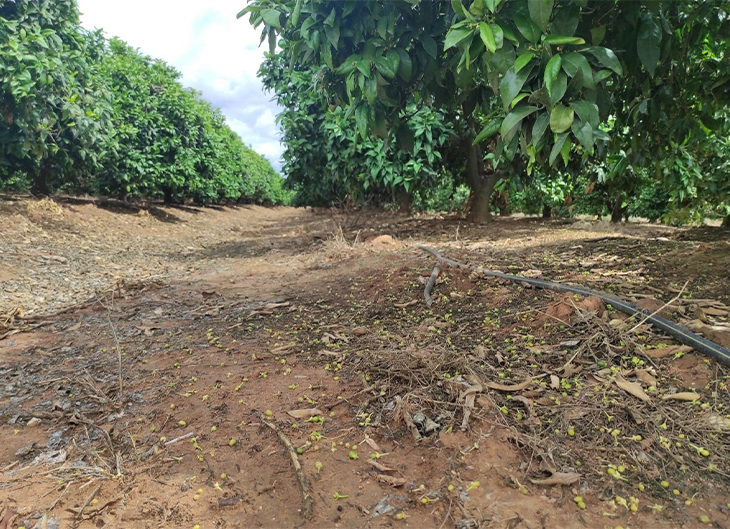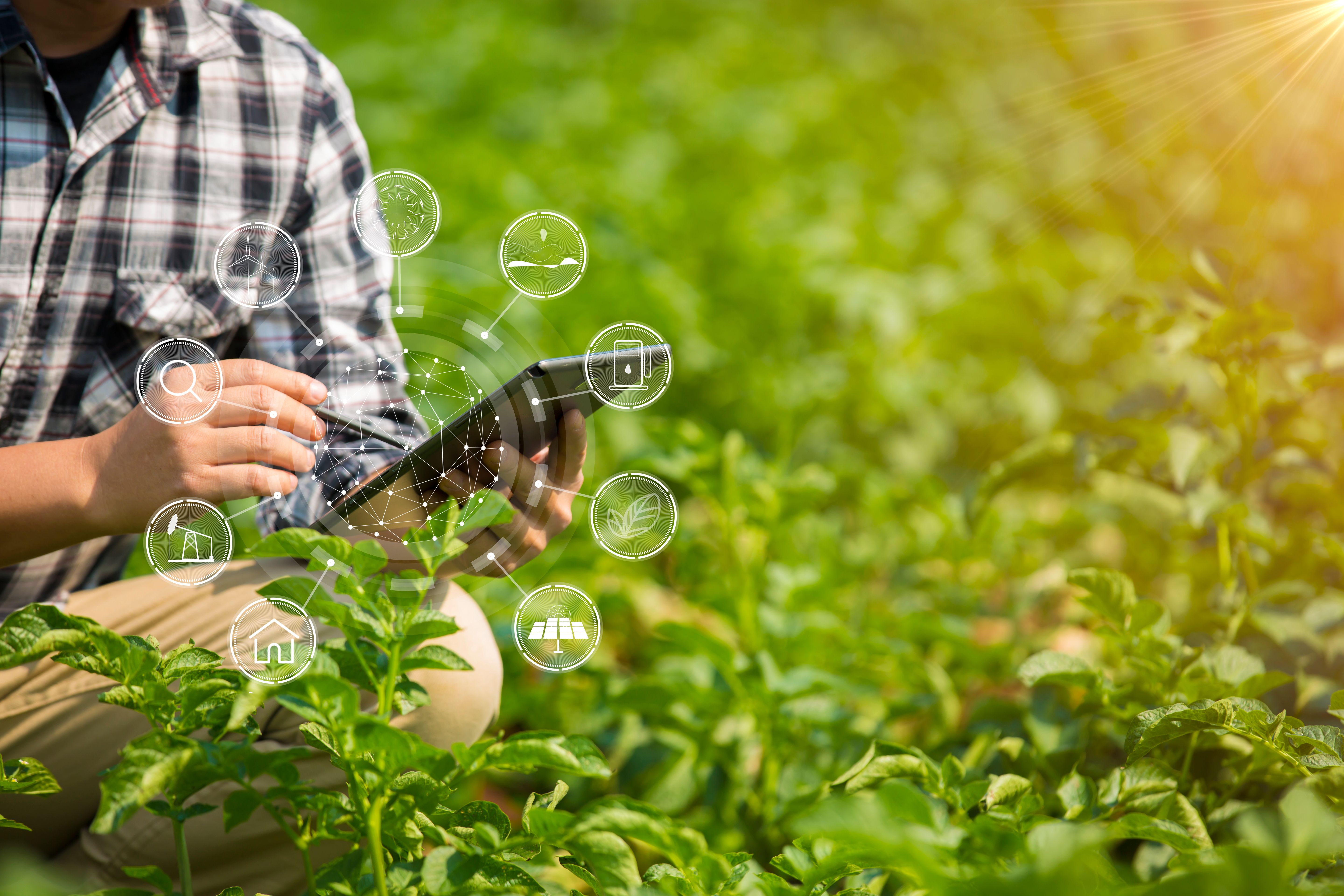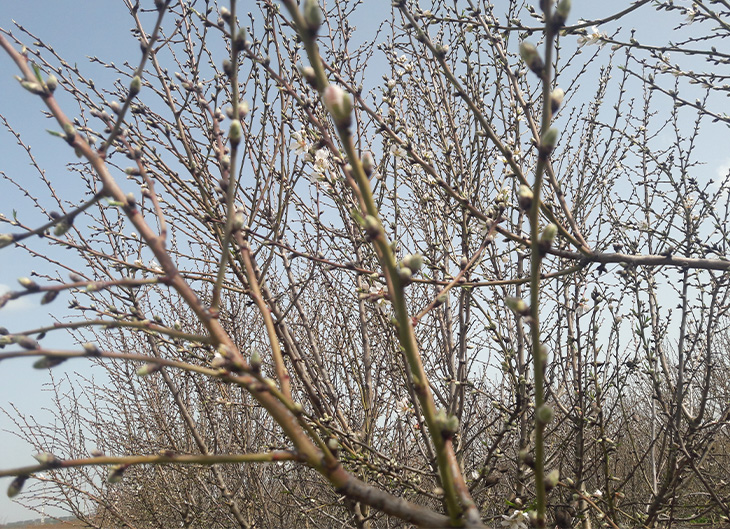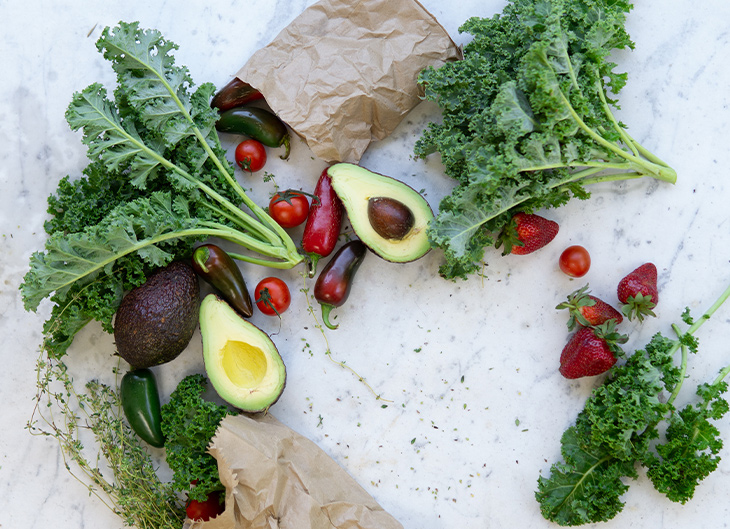
Increases fruit and vegetable consumption in Spain by 11%
Consumption of fruit and vegetables in Spain has increased by 11% compared to last year, reaching 188 kilos per capita. The Consumer Panel of the Ministry of Agriculture, Fisheries and Food confirms an increase of 19 kilos per person per year.
Of this figure, 9 kilos were fruits, 7 kilos correspond to vegetables and 3 kilos to potatoes. The study covers the period from October 2019 to September 2020.
During this period the consumption of fruits in Spanish households amounts to the amount of 101 kilos per person per year and has as protagonists oranges, bananas and apples. The consumption of oranges is fixed at 17.4 kilos and bananas and apples at 14 kilos. These consumptions account for 10% more compared to the previous period.
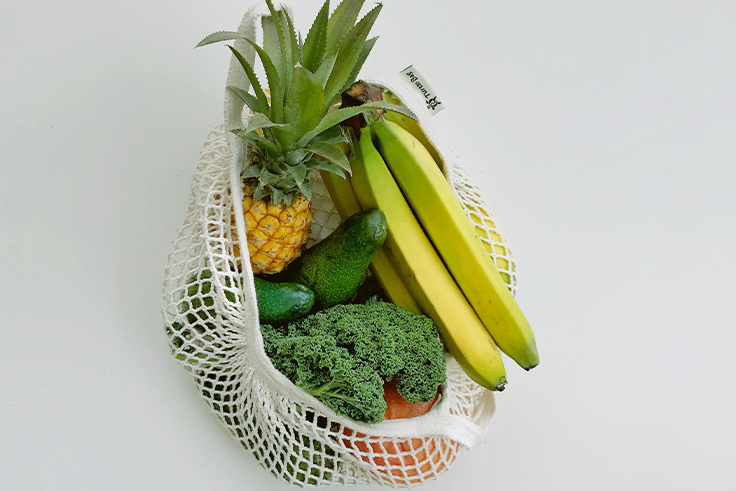
In the case of vegetables, Spanish households have consumed 64 kilos until September 2020, an increase of 7 kilos per person compared to the same period of the previous year. The onion, with 8 kilos of consumption, the peppers, with 6 kilos and the lettuce, with 4.5 kilos, have stood out against the rest of the vegetables. Potato is the favorite tuber of Spanish consumers, with an expense of 23 kilos per head during the period studied: it is 3 kilos more than the previous one and a growth of 15%.
This growth has been boosted during the months of confinement, in which Spanish households turned more to fruits, vegetables and vegetables in their diet. During the month of March this group grew by 13%, in April by 40%, by 22% in May and by 11% in June compared to the figures for 2019.
Vegetables, fruits and vegetables are protagonists of our dishes because we link them to good health, as they provide vitamins and other complete nutrients that improve our immune system. For this reason, the feeding of the youngest in the house during the confinement period also leaned towards fruits, vegetables and legumes, as confirmed by the VII Nestlé Observatory on Nutritional Habits and Lifestyles of Families.

